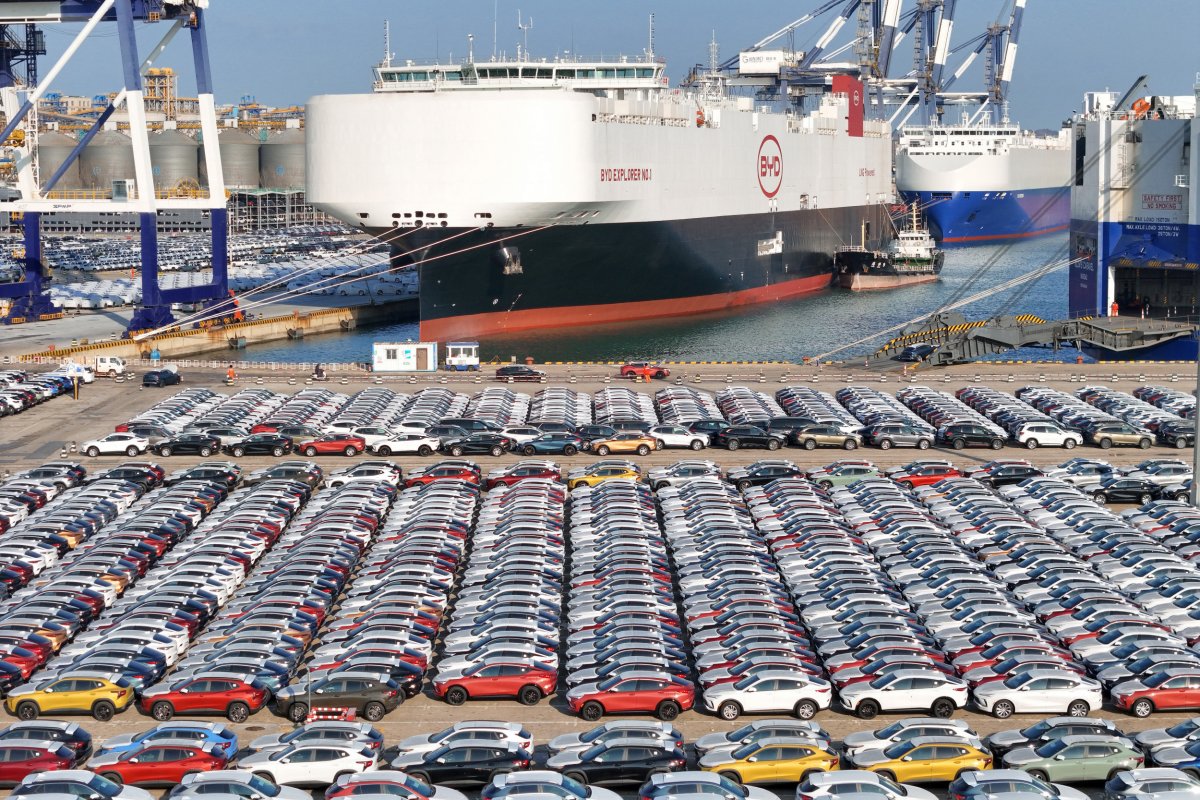China's foreign direct investment in Latin America and the Caribbean is undergoing a significant transformation as the economic giant shifts its strategic focus from traditional sectors to technology-driven investments.
This move is poised to have a far-reaching impact, not only on the region's economic landscape, but also on global competition, according to a report published this month by the Inter-American Dialogue, a Washington, D.C., think tank focused on the region.
Chinese FDI is changing from putting monies into large infrastructure projects under Chinese leader Xi Jinping's flagship Belt and Road Initiative, to investments focused on industries of the future—a key area in the U.S.-China technology war. It is set to challenge the traditional dominance of U.S. and European funding.
Historically, Chinese companies concentrated their investments in the region's vast agricultural and extractive resources, particularly in South America's largest markets. From 2003 to 2022, Chinese FDI in Latin American and the Caribbean reached $187.5 billion, according to the report.
The sum still falls below the FDI levels of the United States and Europe during the same period, but Chinese companies are actively expanding their presence in the region, pursuing targeted opportunities in the "new infrastructures" field in almost all nations there, the authors said.
"Many of these new, priority areas are described by China as 'new infrastructure,' a term which encompasses industries—telecommunications, fintech, and energy transition, for instance—that are broadly innovation-related, but also key components of China's economic growth strategy," they wrote.
"These sectors are among those that some G7 nations have themselves sought to prioritize in [Latin American and the Caribbean] and other parts of the Global South," they said.
Margaret Myers, one of the coauthors of the report, said: "Our data show a clear shift in Chinese FDI towards specific industries in Latin America and the Caribbean."
In the first half of last year, China's FDI data for the region showed the shift had already begun, with reduced attention on big-ticket projects and notable acquisitions by Chinese businesses in electricity generation and transmission.
Utility deals comprised 40 percent of China's total investments from January to July 2023, the report said, while high-end manufacturing accounting for 28 percent.
In Brazil, Chinese electric carmaker BYD plans to establish a plant. In Chile, a Chinese firm has acquired lithium assets, linking extraction and processing of the critical mineral—used in EV battery manufacturing—to a potential buyer on the same continent.
China currently dominates the global market for rare and critical element mining and refinement, with the U.S. still playing catch-up after offshoring its supply chains to other parts of the world.

Across the region, Chinese telecommunications giant Huawei was among other Chinese firms to have expanded their footprint. Their focus now extends to data centers, cloud computing and 5G technology, the think tank said.
In Colombia, for instance, Chinese companies have been actively expanding 5G infrastructure while integrating Internet of Things technologies, cloud services and cybersecurity solutions.
Computing accounted for a significant 41 percent of total information and communication technology investment in the region between 2018 and the first half of 2023, the report said.
In 2022, Chinese FDI in these industries—strategically targeted as an alternative to American and Western funds—accounted for 58 percent of its $3.7 billion in annual investments in the region. It also constituted more than 60 percent of the total FDI deals announced by Chinese companies in the same year.
Uncommon Knowledge
Newsweek is committed to challenging conventional wisdom and finding connections in the search for common ground.
Newsweek is committed to challenging conventional wisdom and finding connections in the search for common ground.
About the writer
Aadil Brar is a reporter for Newsweek based in Taipei, Taiwan. He covers international security, U.S.-China relations, and East Asian ... Read more
To read how Newsweek uses AI as a newsroom tool, Click here.





